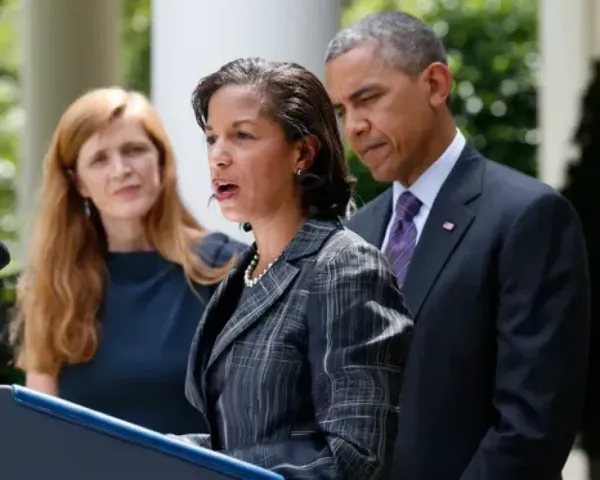Coronavirus Roundup: FCC Extends Rural Health Care Deadlines, Public Knowledge Tracks Misinformation, AEI on Regulation
The Federal Communications Commission on Thursday waived several rules and extended the filing deadlines for Rural Health Care applications, extending them to June 30, 2020. This order gives healthcare providers an additional two months to file their applications for broadband funding. “At a time wh

The Federal Communications Commission on Thursday waived several rules and extended the filing deadlines for Rural Health Care applications, extending them to June 30, 2020. This order gives healthcare providers an additional two months to file their applications for broadband funding.
“At a time when healthcare providers are overwhelmed by an avalanche of coronavirus victims, the Commission has lightened their load,” said John Windhausen, executive director of the Schools, Health and Libraries Broadband Coalition.
“We encourage the FCC to further help our nation’s hospitals and clinics by allowing health care providers to upgrade their broadband capacity immediately from their existing broadband providers. Let’s take care of our healthcare providers like they take care of us,” said Windhausen.
The SHLB Coalition requested the FCC extend the RHC program filing deadline in a February 27 letter. SHLB also asked for the deadline extension in its March 17 letter, and spoke about these concerns and proposed additional actions on the Broadband Breakfast Live Online event on March 18. which proposed 15 actions the FCC should take to address the COVID-19-driven connectivity crisis.
Public Knowledge launches tracking report on digital platforms and misinformation during pandemic
Public Knowledge on Friday announced the launch of our newest tracking report to log digital platform responses to misinformation during this pandemic.
The report monitors how major digital platforms like Twitter and Google respond to the crisis and analyzes their various approaches, helping policymakers, media, and the public to better explore what platforms are doing to combat the rising “infodemic,” which Public Knowledge described as “a dangerous onslaught of misunderstandings, inaccurate data, and lies about the coronavirus spread rapidly online.”
“Over the past three months, Americans have been forced to grapple with two potentially deadly epidemics: the novel coronavirus, and what the World Health Organization describes as an ‘infodemic’ of false and misleading information about it.,” said Lisa Macpherson, senior policy fellow at Public Knowledge:
“We started this report to understand how the major digital platforms were responding to the infodemic, and what it reveals about their capabilities to detect, analyze, and — when warranted — remove disinformation from their platforms. This should help us hold the platforms accountable for both the good work they’re doing, as well as for where they are falling short. It’s already clear that their capabilities may exceed what we have seen from their behavior in the past — but it’s also clear the virus presents unique challenges.”
Public Knowledge has framed additional policy recommendations for these and other issues. The report is available here.
AEI scholar says coronavirus demonstrates states folly of tech regulation
American Enterprise Institute Visiting Scholar Rosyln Layton writes that many onerous and outdated government regulations have been lifted during the COVID-19 pandemic, highlighting the “folly” of these regulations in the first place.
These regulations include the relaxing of rules by the Food and Drug Administration for COVID-19 testing, loosening medical privacy requirements to expand telemedicine, the tripling of the Transportation Security Administration’s liquid allowance for hand sanitizer, the relaxing of the Small Business Administration’s criteria for disaster assistance loans, easing of the Department of Education’s restrictions for online courses, and an extension of the tax filing deadline by the IRS.
Additionally, Layton notes efforts to deregulate health care by making it easier for health care practitioners to transfer their licenses across state borders.
She writes: “In the tech policy world, while we’ve argued in this space previously that regulations such as net neutrality, the EU’s General Data Protection Regulation, and California Assembly Bill 5 (AB 5) were bad for people in the tech economy, the COVID-19 pandemic has only made this more clear.”










Member discussion